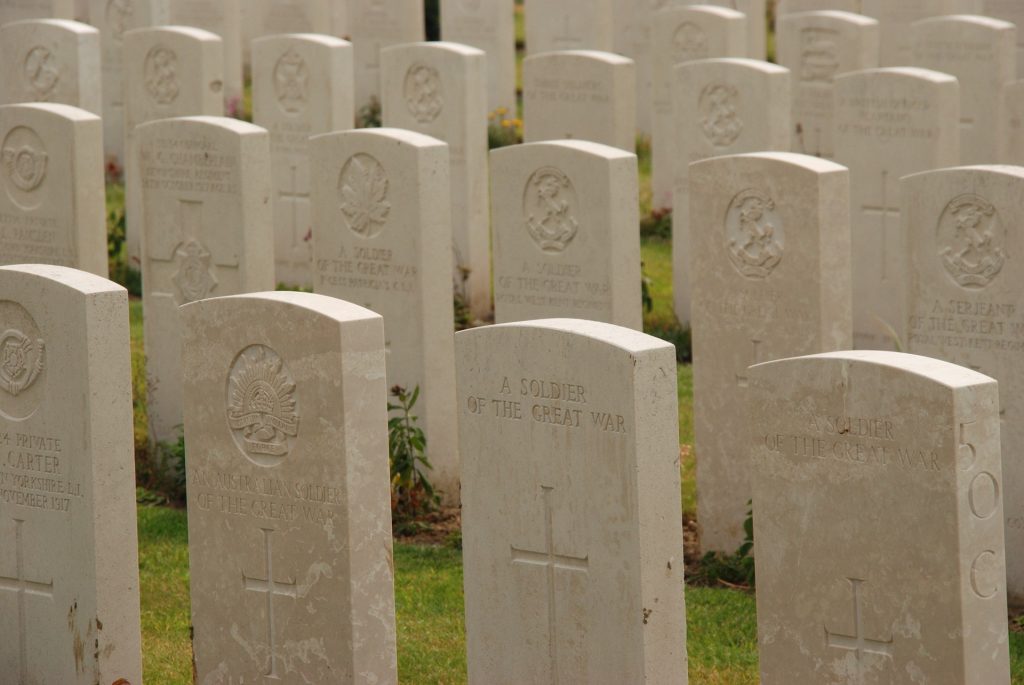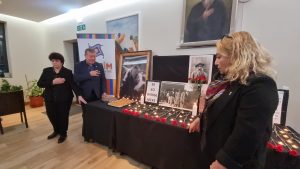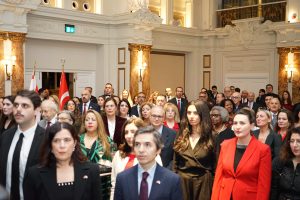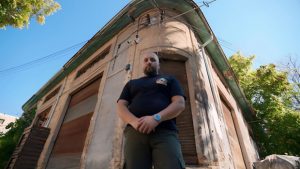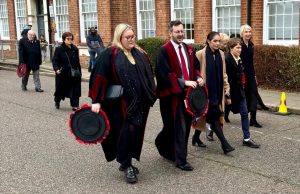Government apologises over failure to commemorate black and Asian troops
The government has apologised for failures to properly commemorate black and Asian troops who died in World War One fighting for the British Empire.
Some troops were commemorated collectively or their names were recorded in registers, while their white counterparts had headstones.
A report by the Commonwealth War Graves Commission found the reason for this was “pervasive racism”.
In the Commons, Defence Secretary Ben Wallace expressed “deep regret”.
He told MPs there was “no doubt” prejudice had played a part in what happened after WW1.
The Commonwealth War Graves Commission, which is tasked with commemorating those who died in the two world wars, has also apologised over its findings.
Mr Wallace said: “On behalf of the Commonwealth War Graves Commission and the government both of the time and today, I want to apologise for the failures to live up to their founding principles all those years ago and express deep regret that it has taken so long to rectify the situation.
“Whilst we can’t change the past, we can make amends and take action,” he said.
He said there were cases where the commission “deliberately overlooked evidence” that would have allowed it to find the names of the dead.
And he said there were examples of officials employing an “overarching imperial ideology connected to racial and religious differences” in order to “divide the dead and treat them unequally in ways that were impossible in Europe”.
The report found that at least 116,000 casualties from WW1, most of whom were of African, Indian or Egyptian origin, “were not commemorated by name or possibly not commemorated at all”.
But that figure could be as high as 350,000, it said.
It also cited racist comments such as the governor of a British colony saying in 1923 that: “The average native… would not understand or appreciate a headstone.”
Shadow justice secretary David Lammy said work must be done to find their names in archives where that is possible, and to establish how local communities would like them to be commemorated.
He also said Commonwealth soldiers should not be “whitewashed” out of history books, while Mr Wallace said it was a “deep regret” that his own WW1 education had included “very little about the contribution from the Commonwealth countries and the wider at the time British Empire”.

